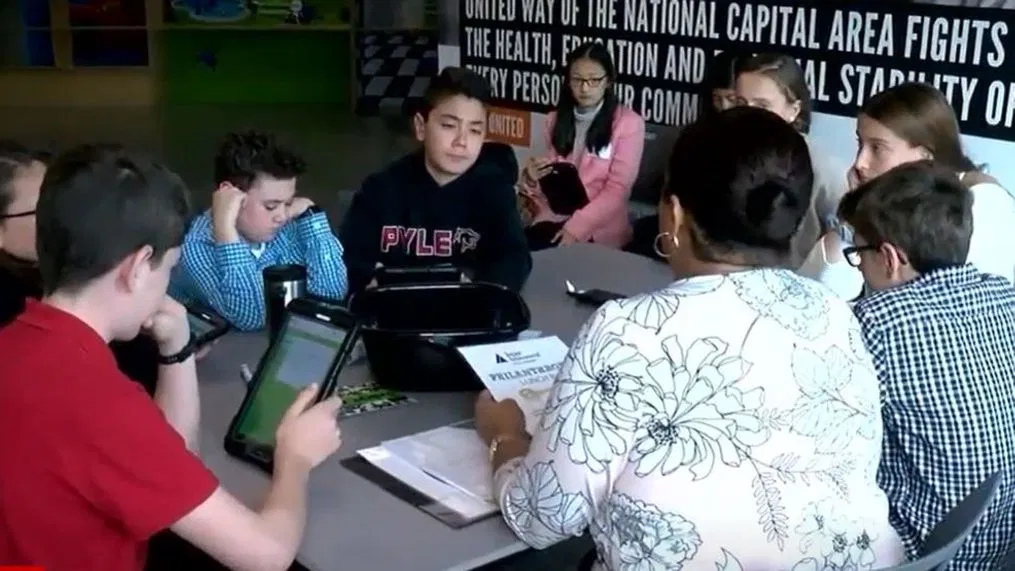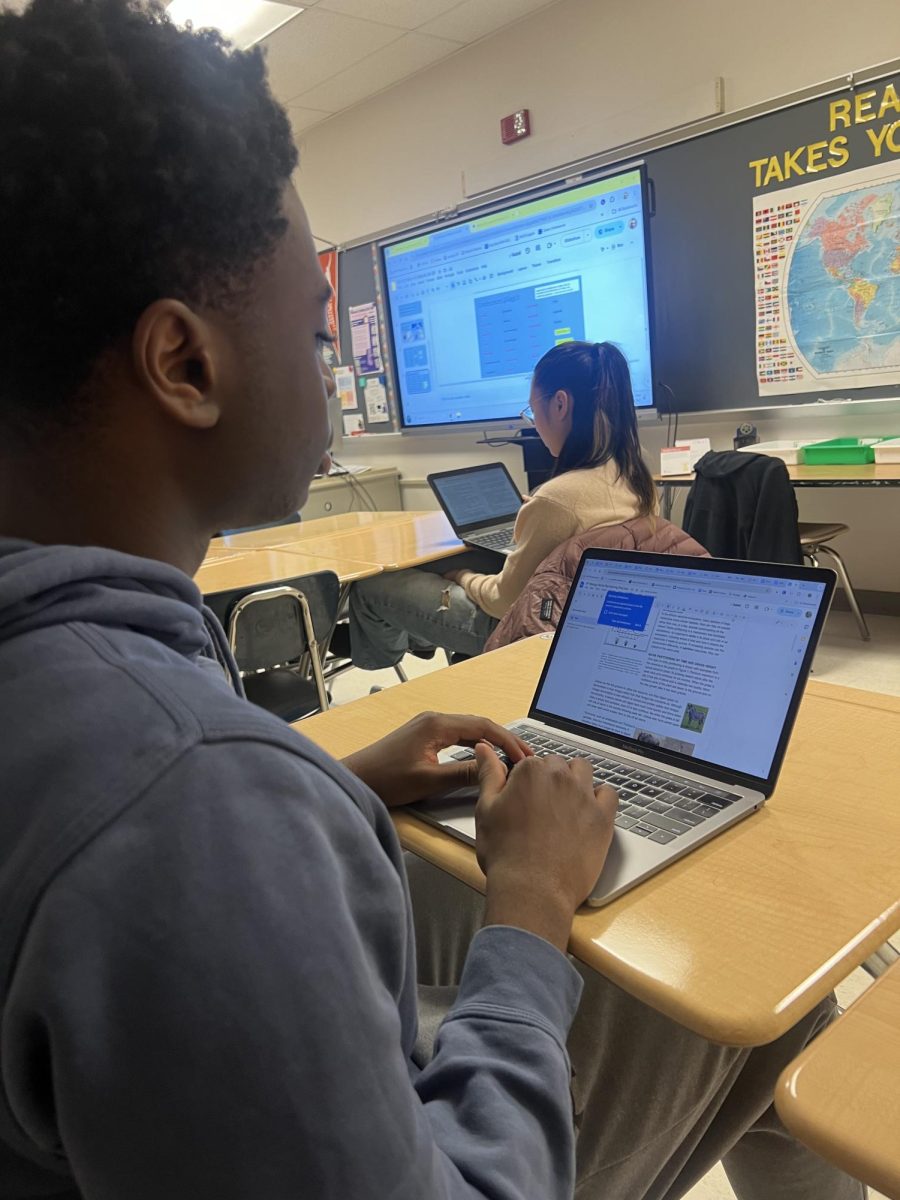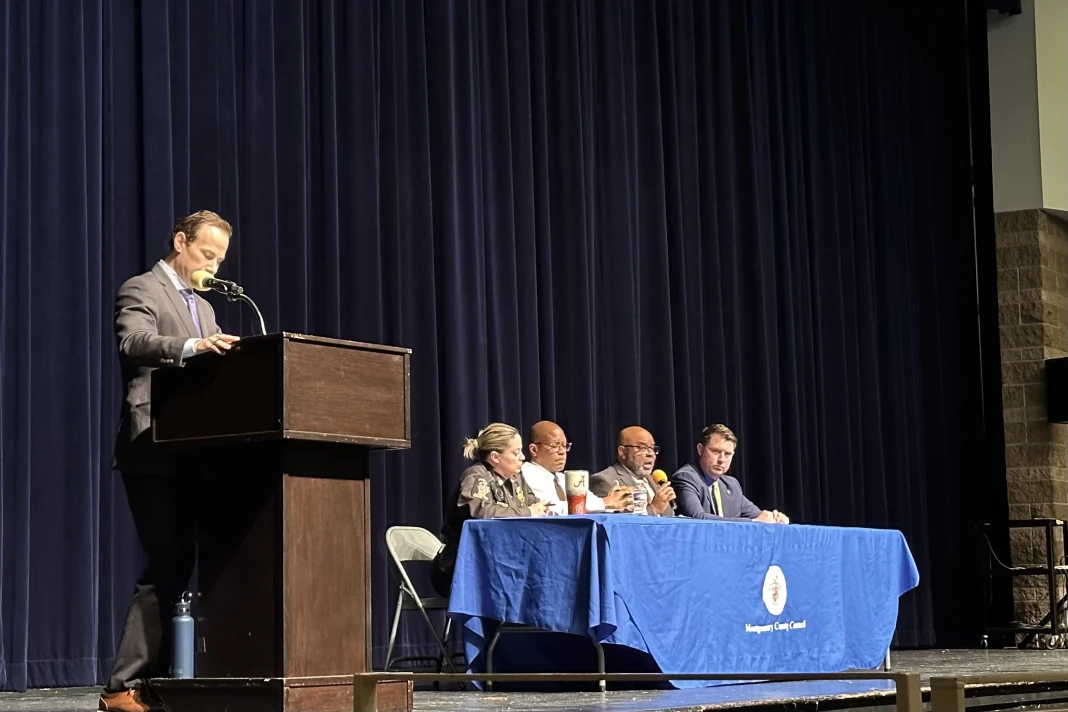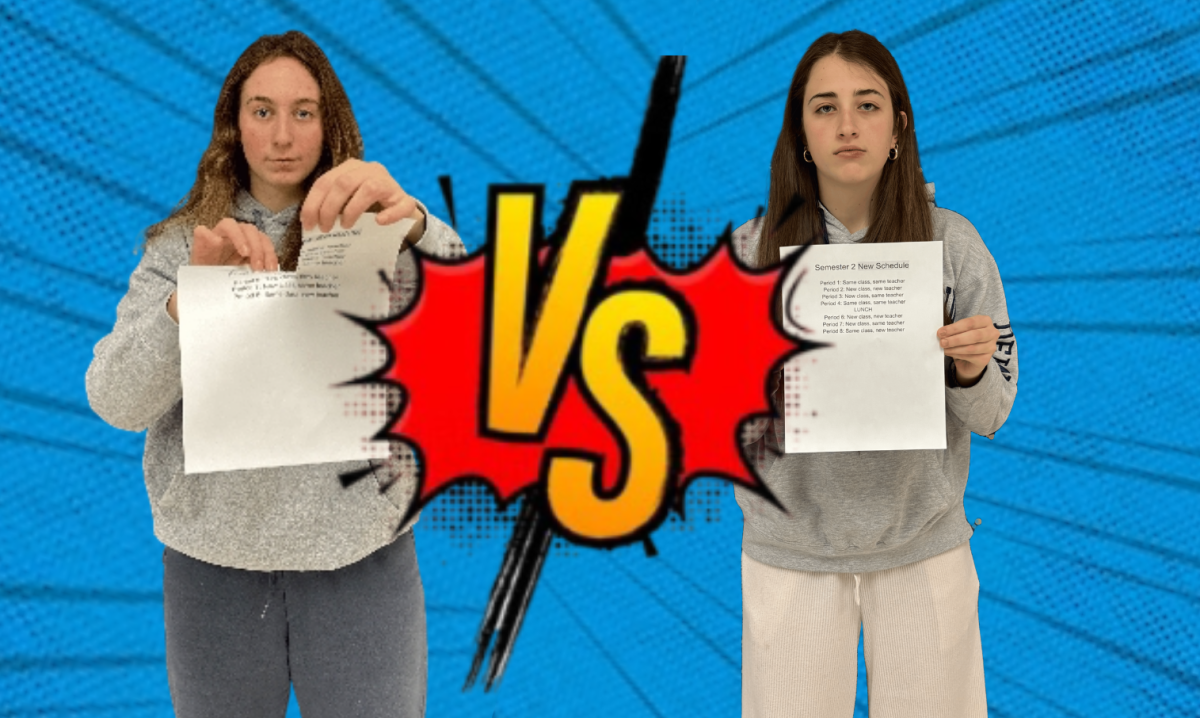“When are we ever going to use this stuff in real life?” Since the dawn of time, students around the world have wondered why they learn about derivatives and Shakespearean English rather than filing taxes and paying off mortgages. To answer this question, MCPS introduced a mandatory Personal Finance credit for high school students to graduate. But this measure is wholly unnecessary and serves only as a gimmick policy meant to insincerely address a common complaint.
For classes that are meant to reflect the real-life needs of students, Personal Finance classes are shockingly bad at their only job. Classes do not just teach students how to take out loans: they go into topics that 90 percent of students will not need, like investing. Most people just want to know how to spend responsibly, so why waste their time with lessons that feel like they are part of a get-rich-quick scheme or “Motley Fool” ad? Is the desire to learn skills that apply in real life not the only reason the class exists? It might look like the future is chalked full of Elon Musk loving drop-shippers and crypto-bros, but reality is a thing, and the world is not just a super-sized version of Twitter. The class simply takes up a period that students could instead be using to take extra classes that would bolster a college application or even a free period to study for other classes.
That being said, the world is also not a super-sized version of WCHS, and the overzealousness it represents. College is not something that everyone wants to pursue, so it is equally important that the high school curriculum focuses on life after graduation. But if MCPS genuinely cared about this, it would go a lot further than just offering Personal Finance. Why not offer classes about repairing cars, woodworking, welding, plumbing or any other topic that could prepare students to enter differing trades? By leaving it at Personal Finance, MCPS is not doing enough to truly prepare students for the real world. Instead, it is making a cheap attempt at addressing a common student complaint.
Additionally, financial responsibility is more than just a game of good decisions versus bad decisions. Cultures and religions differ in their monetary beliefs. Islam, for example, prohibits collecting interest and obligates Muslims to pay a very strictly calculated portion of their income to charity. No amount of detail in a Personal Finance class can cover the beliefs of every single person taking them, leaving a portion of students unable to transfer their classroom knowledge to their own lives. Family values are at play here, and it is best left to the families to educate their children on financial matters. The class can still be offered for those who do not have responsible relatives they can learn from, but it cannot cover everyone, and therefore should not be required of everyone.
We also have no way of measuring if Personal Finance classes will even help students in the long run. According to a memorandum on Financial Literacy as a graduation requirement, MCPS does not even know the effect that requiring Health B has had, a class that certainly teaches lessons that apply to students’ current lives. Personal Finance, on the other hand, will not start being useful to students until many years in the future, making it almost impossible to tell if the class is actually helping increase financial responsibility. While it may not be surprising in a county that is able to lose track of $60 million without batting an eye, the education budget has been an increasing concern, so the two million dollar cost of offering Personal Finance classes whose effects are still being mulled does not seem financially responsible to say the least.
Some might argue that, despite the drawbacks and waste, Personal Finance classes do offer some useful lessons. A commonly cited one is education about filing taxes. Between endless tax codes, state and federal jurisdiction, verifying income, tax returns and the rest of that mess, paying taxes is a tedious chore, and learning about it early in life can help bear the brunt of the process.
However, the United States is the only developed country in the world with this issue. In many other countries, taxes are pre-calculated on behalf of the payer, all for free. In the early 2000s, congress tried to create a similar system, but lobbyists for Intuit immediately intervened. After years of pressure, a deal was struck: in exchange for lucrative federal contracts, Intuit would develop a free tax-paying system of its own, and the TurboTax family of products was born. However, Intuit has been far from keeping its promises. Their “free” app is filled with traps that trick users into paying money, and have special software that prevents them from appearing on most web searches. The app itself is nowhere near what was promised to the IRS, and today, TurboTax is best known for its cringey online presence that motivates millions to download ad blockers.
Given that context, why should American students be obligated to make up for the greed of people at the top? Why should they have to accommodate a problem that should not even exist in the first place? Instead of accepting half-hearted attempts at preparing for the consequences of other people’s incompetence, students should fight to prevent the greed and predatory practices at the root of financial struggles, creating a much brighter future for everyone.















